On Sept. 10, 1897, 19 mine workers were killed and dozens were wounded in the Lattimer Massacre.
A strike began weeks prior as miners from eastern Pennsylvania protested extremely dangerous working conditions, unpaid overtime, and the company store.
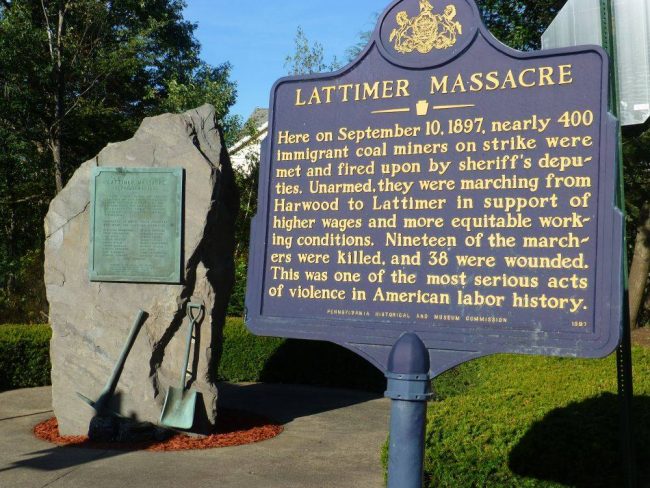
Source: Pennsylvania Historical & Museum Commission
About 400 miners, mostly immigrants, began an unarmed peaceful march to Lattimer to support the newly formed United Mineworkers there. When they arrived, Luzerne County sheriff James Martin and his deputies opened fire on the men and boys.
Paul A. Shackel, author of Remembering Lattimer: Labor, Migration, and Race in Pennsylvania Anthracite Country, writes in Why Don’t More Americans Remember the 1897 Massacre of Pennsylvania Coal Miners?:
The slain strikers were buried in four different Hazleton cemeteries with great ceremony, most in paupers’ graves. As many as 8,000 people participated in the funeral ceremonies and processions. A Polish newspaper, which was published in Scranton, memorialized the men with a rephrasing of Lincoln’s Gettysburg Address. For those who died in Lattimer, it wrote,
May their death not be in vain, may they become the patron saints of the working people in America.
Luzerne County sheriff James Martin and his deputies were tried in February 1898 for killing one striker, but were found innocent after defense attorneys characterized the miners as “invaders from the Steppes of Hungary” who had come to America to destroy peace and liberty. Continue reading.
Read more in “That Day in Lattimer” in Counterpunch. The article is by Lynn Sutherland Jaskowiak, a writer and artist living in Eau Claire, Wisconsin. Her great grandfather, Klemenz Platek, was one of the 19 miners murdered on September 10, 1987, in Lattimer, Pennsylvania. Jaskowiak and Steven Carlson wrote the song below about the Lattimer Massacre.
Find resources for teaching labor history below, and more #tdih labor history posts.

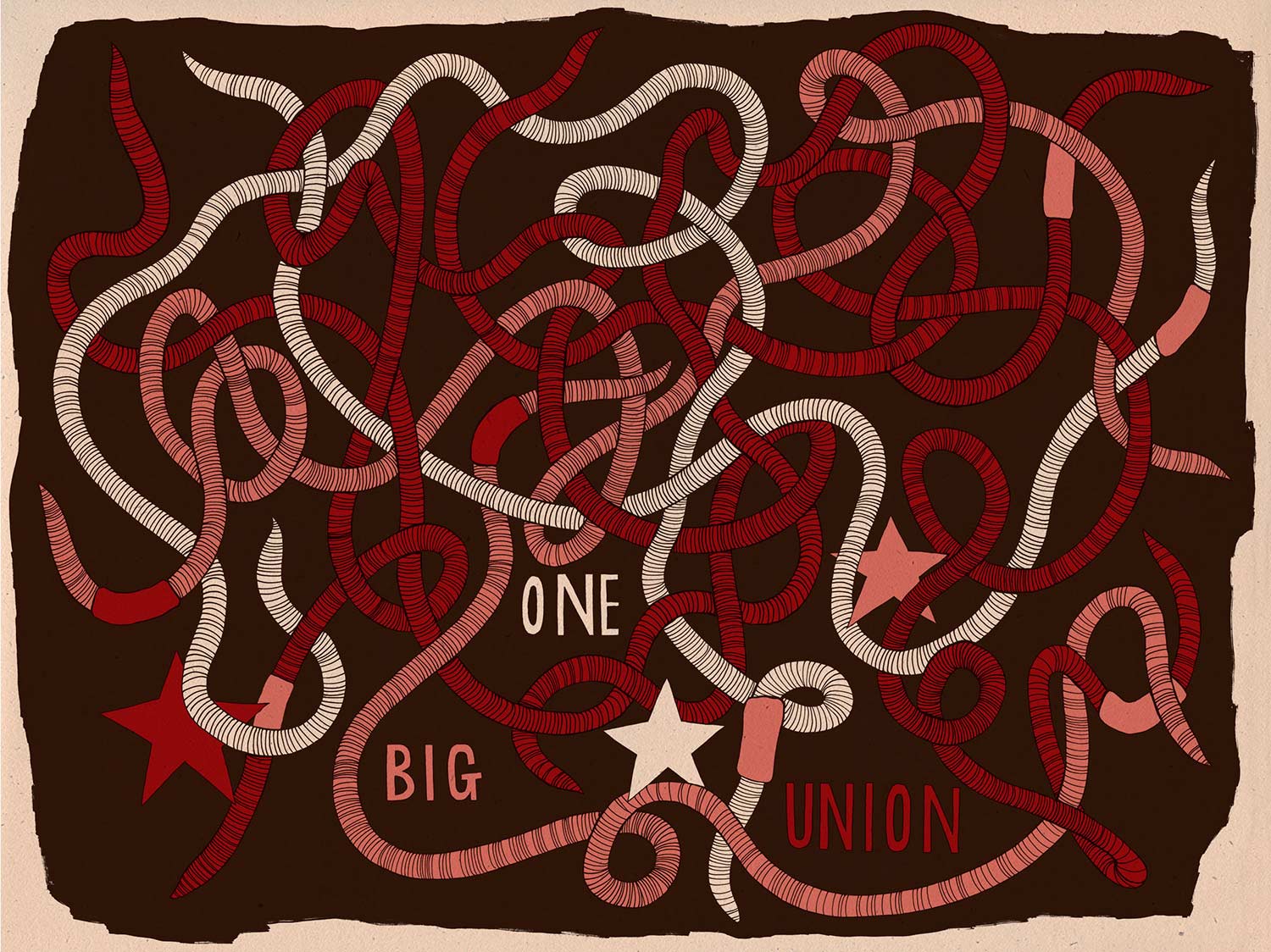

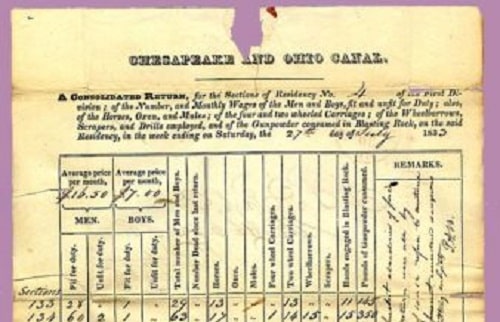
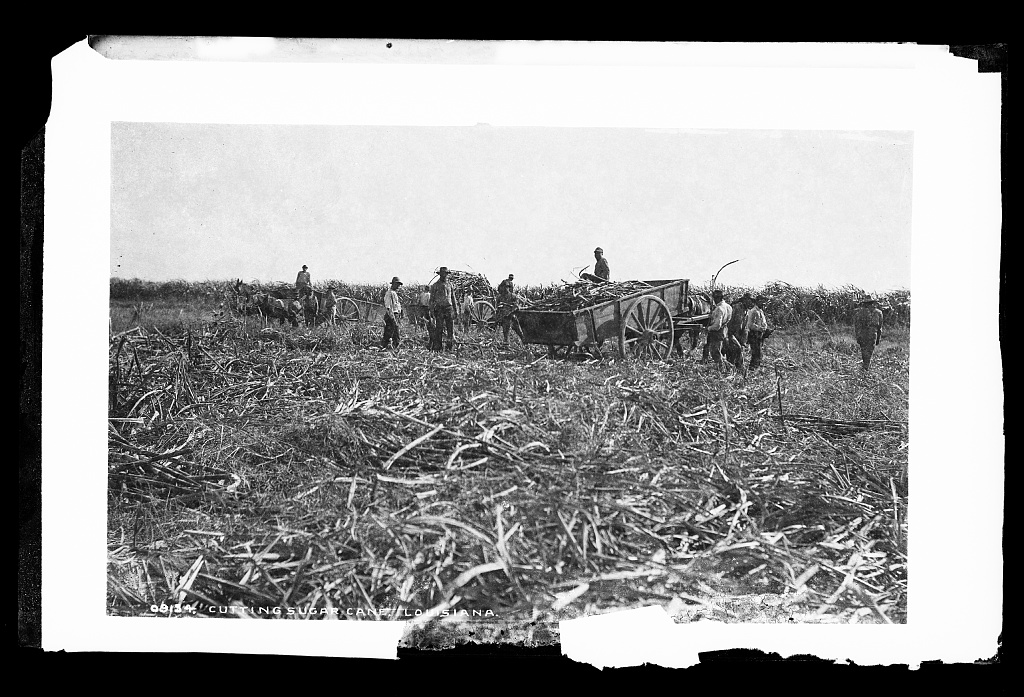

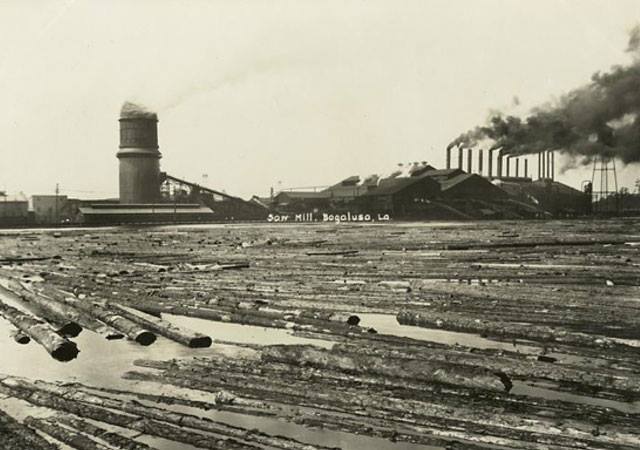
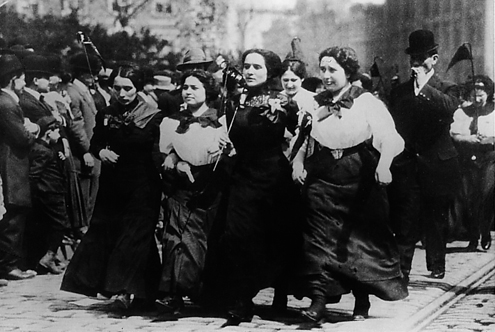
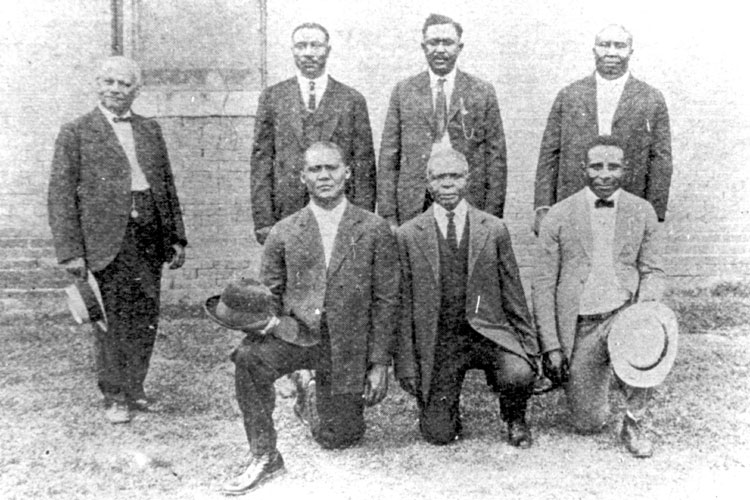
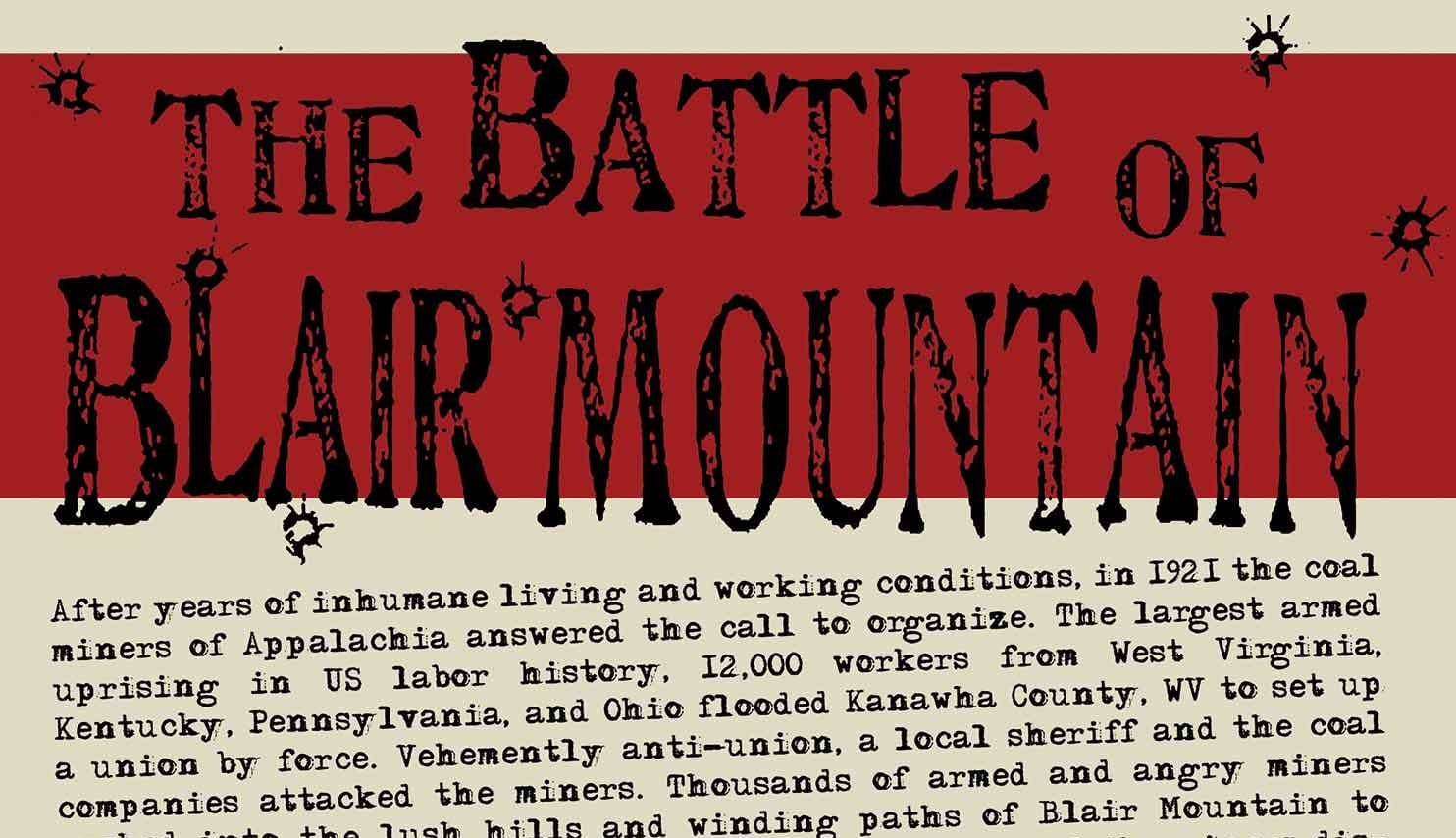





Twitter
Google plus
LinkedIn